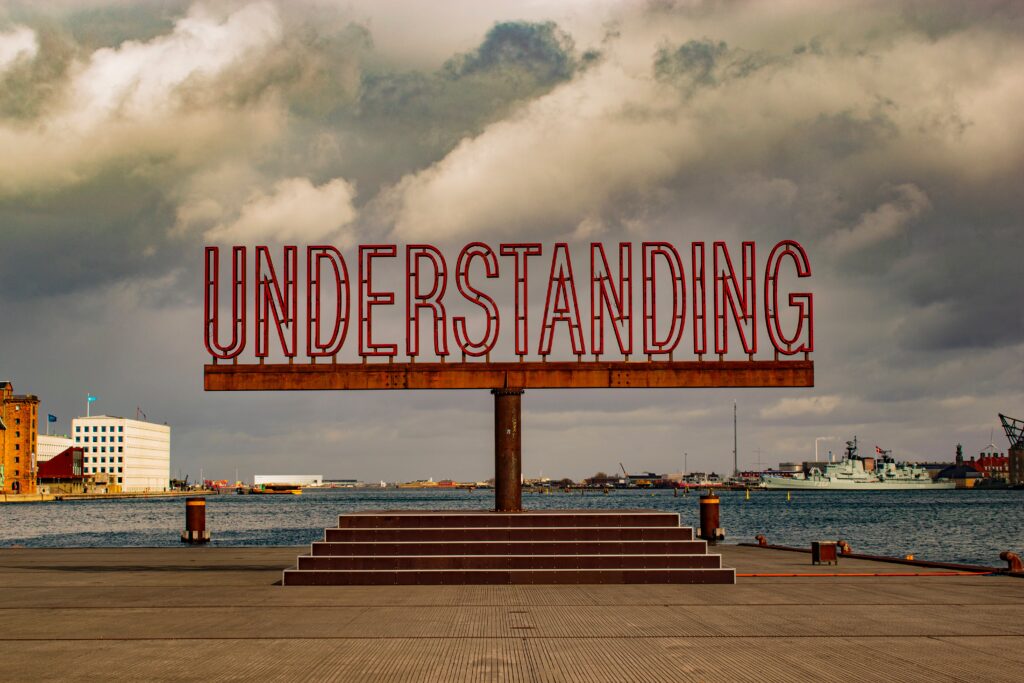
In my last post, I talked about how individual (and organizational) grit and resilience are worthy pursuits — and about how they aren’t good substitutes for empathy and understanding. This is especially true in the context of building a culture of respect that ensures your organization is a safe, harassment-free place to be.
But too many organizations stop short of meaningful cultural change and instead settle for trainings and interventions that come far too late in the process of avoiding toxic situations and healing the organizational damage inflicted by them.
See, we need to foster a culture that allows people to safely say — before the situation gets serious — “Hey, this is bothering me.” And we need to view such statements of vulnerability not as criticism, insults, or judgment, but, in fact, just information that will help us discuss the problem and come to a solution.
If we haven’t done the work of fostering that culture, hurt and resentment festers and builds up. And then, when it gets really serious — or even when it’s minor but the hurt person just gets fed up with feeling hurt — they end up taking more formal legal action. The ramifications of all this is what undermines the relationship, and that’s what is difficult to come back from.
Once you’re faced with the concrete consequences of your behavior, you’re way less likely to forgive me. And once I feel like you’ve gone so far that I’ve had to take that action, it’s less likely I’ll feel safe around you.
And now we’re at a standoff with seemingly no way forward. We’ve let it get to a point that’s almost irreparable.
Instead of fostering a culture of healthy communication, empathy, and understanding, we’re hosting trainings that say, “This is harassment, don’t do it. And you’ll know the line when you see it.”
Well, if we knew the line when we saw it, we wouldn’t be having these trainings to begin with, would we? How do we forgive and move on and build relationships so that people understand how I feel and where I’m coming from? We’re trying to accomplish all that and regulate potentially offensive behavior through trainings rather than fostering it through culture.
We have a real opportunity to reset a culture, not just hold another training.
But here’s an important truth to keep in mind when dealing with issues like harassment: We’re never going to agree exactly on the line between funny and offensive, between harassment and blowing off steam. It’s totally subjective. (Just look at the range of comedians out there.)
The extreme cases of harassment are easy to recognize because there’s no ambiguity in the extremes. If you’re being sexually harassed or physically abused, there’s no mistaking that. It’s the gray area that kills us — those instances and interactions that, perhaps, toe the line a bit too much. That’s what gets us in trouble.
So here’s the million-dollar question: What do we need to do in our culture that makes that gray area one that’s not scary but a place of opportunity? Because that’s real resilience and real grit — the ability to stay with a problem when it’s hard but not impossible, when we’re triggered but not truly hurt.
What do we need to do to create a culture that allows us to share feelings and have respect for one another because we respect one another, not necessarily because we agree with each other?
A phrase I coined early on in my speaking and coaching career is, “Acceptance is not agreement.” Put another way, my ability to accept who you are doesn’t mean that I agree with what you are.
Take politics. I can accept that staunch Republicans are a part of our political fabric. I can accept that they feel the way that they feel. I can accept that in their minds, they see a truth in what it is they’re fighting for. I can accept that they have a right to feel what they feel as valid. But that doesn’t mean I have to agree with them.
Part of the answer to accepting without agreement lives in a tool that I use called the Core Values Index™. When we know what our values are and how we want to contribute, we can be really clear on where we are in our values set.
I am a profound Merchant, and my Banker score is a six (it might as well be zero). That doesn’t mean I’m an ineffective Banker. I simply choose to value the attributes of a Merchant far more often than I choose to value those of a Banker. I don’t disvalue the Banker, it’s just not how I want to show up for the game. I want to play like a Merchant. I can play like a Banker, and I’m very good at it, but it’s not as enjoyable for me. I would rather play like a Merchant.
When we begin to understand what we value and what is important to us, we can begin to understand what’s important to everyone else.
Isn’t that our ultimate objective? To be able to see through another’s eyes. To walk in another’s shoes. To feel through another’s heart so that we can understand how they see the world. Not so that we can agree with them but so that we can understand them.
If we can begin to do that — to value empathy and understanding and foster a culture that holds that up first — the grit and resilience you seek will follow.
Photo by Zuzana Ruttkay on Unsplash
